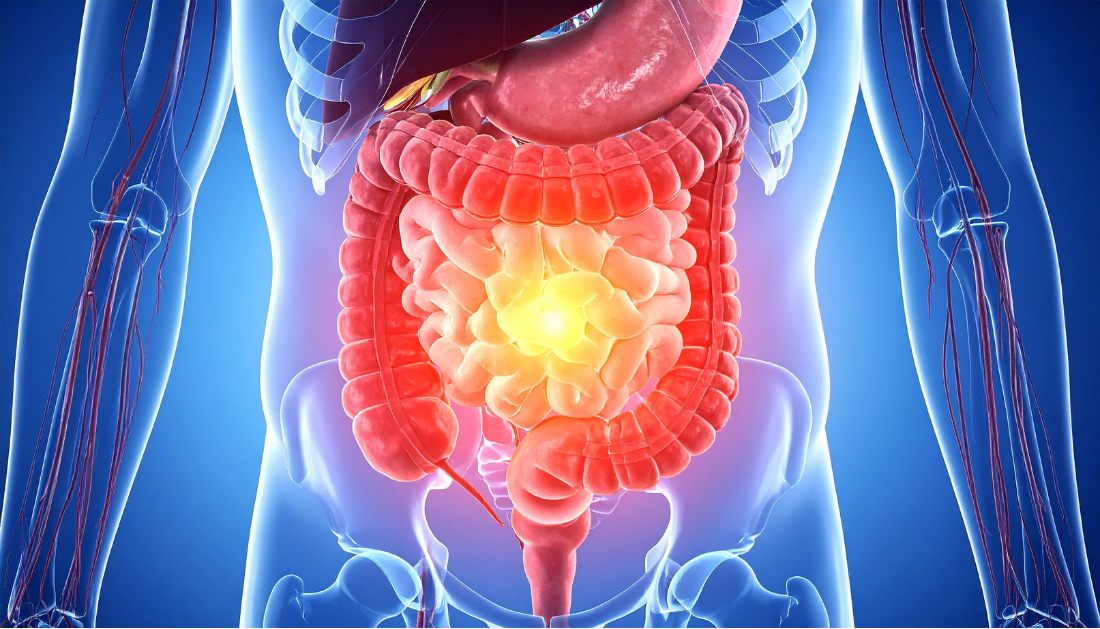

Breakthrough Findings on How Gut Immune Cells Drive Durable Antiviral Defense
A groundbreaking study from the University of Toronto has revealed how gut immune cells create long-lasting antiviral protection through a previously unrecognized immunological pathway. Published in Cell, this research offers a new lens into the body’s mucosal defense system, an area of high relevance for healthcare professionals managing respiratory infections.
Traditional injectable vaccines, while effective at preventing severe illness, do not reliably activate mucosal immunity, the first line of defense in the nose, mouth, and airways where viruses gain entry. This gap in protection remains a challenge for influenza, SARS-CoV-2, and emerging avian influenza strains. The new findings provide compelling evidence that the gut, particularly the small intestine, holds unique immunological capabilities that may help close this gap.
Explore All Immunology CME/CE Conferences and Online Courses
By uncovering how the gut generates long-lasting IgA antibodies, the study opens a promising avenue for designing vaccines capable of blocking infection at its earliest stage. For infectious disease specialists, immunologists, and frontline HCPs, these insights could reshape future strategies for viral prevention.
The Atypical IgA Pathway That Sustains Immunity for Over 200 Days
In this study, researchers investigated why mucosal IgA responses are difficult to sustain following vaccination. Previous work showed that natural infections with viruses like SARS-CoV-2 briefly trigger IgA production, but these antibodies decline rapidly. Yet oral vaccines for rotavirus and polio have demonstrated lifelong mucosal protection—suggesting an underexplored mechanism within the gut.
Using a rotavirus mouse model, the research team found that gut immune cells bypass a key step normally required for generating a T cell–dependent antibody response. Instead of undergoing the typical antigen-presentation process, T cells and B cells in the gut work together through a streamlined pathway, producing virus-specific IgA at remarkable speed.
More importantly, these IgA antibodies persisted for more than 200 days, even though the infection cleared in just 10 days. Over time, the antibodies became more refined and better at recognizing the virus, an unusual feature compared to standard immune responses.
Researchers hypothesize that the gut’s structural complexity, rich microbial diversity, and constant antigen exposure create a uniquely supportive environment for durable antibody maturation. This discovery reinforces the potential of oral vaccination platforms for respiratory pathogens.
What This Means for Vaccine Development
These findings strengthen the rationale for oral vaccines against respiratory pathogens. Oral vaccines for rotavirus and polio have demonstrated lifelong immunity, suggesting that stimulating the small intestine may be essential for durable mucosal defense.
Senior author Jen Gommerman notes that her team is now pursuing funding to develop an oral vaccine for highly pathogenic avian influenza. Parallel research aims to make existing injectable flu and COVID-19 vaccines more “mucosal-friendly” by leveraging the microbiome to improve IgA responses.
A New Direction for Mucosal Vaccine Strategies
For clinicians, researchers, and immunology professionals, the study highlights a significant shift in our understanding of how long-lasting mucosal immunity can be achieved. As the research team continues to explore oral vaccination platforms and microbiome-based enhancers, these insights could guide next-generation vaccines designed to prevent infection at the point of viral entry.
Source:
University of Toronto
more recommended stories
 Reducing Alcohol Consumption Could Lower Cancer Deaths
Reducing Alcohol Consumption Could Lower Cancer DeathsKey Takeaways (At a Glance) Long-term.
 NeuroBridge AI Tool for Autism Communication Training
NeuroBridge AI Tool for Autism Communication TrainingKey Takeaways Tufts researchers developed NeuroBridge,.
 Population Genomic Screening for Early Disease Risk
Population Genomic Screening for Early Disease RiskKey Takeaways at a Glance Population.
 Type 2 Diabetes Risk Identified by Blood Metabolites
Type 2 Diabetes Risk Identified by Blood MetabolitesKey Takeaways (Quick Summary) Researchers identified.
 Microglia Neuroinflammation in Binge Drinking
Microglia Neuroinflammation in Binge DrinkingKey Takeaways (Quick Summary for HCPs).
 Durvalumab in Small Cell Lung Cancer: Survival vs Cost
Durvalumab in Small Cell Lung Cancer: Survival vs CostKey Points at a Glance Durvalumab.
 Precision Oncology with Personalized Cancer Drug Therapy
Precision Oncology with Personalized Cancer Drug TherapyKey Takeaways UC San Diego’s I-PREDICT.
 Iron Deficiency vs Iron Overload in Parkinson’s Disease
Iron Deficiency vs Iron Overload in Parkinson’s DiseaseKey Takeaways (Quick Summary for HCPs).
 Rising Chagas Parasite Detected in Borderland Kissing Bugs
Rising Chagas Parasite Detected in Borderland Kissing BugsKey Takeaways (At a Glance) Infection.
 Can Ketogenic Diets Help PCOS? Meta-Analysis Insights
Can Ketogenic Diets Help PCOS? Meta-Analysis InsightsKey Takeaways (Quick Summary) A Clinical.

Leave a Comment